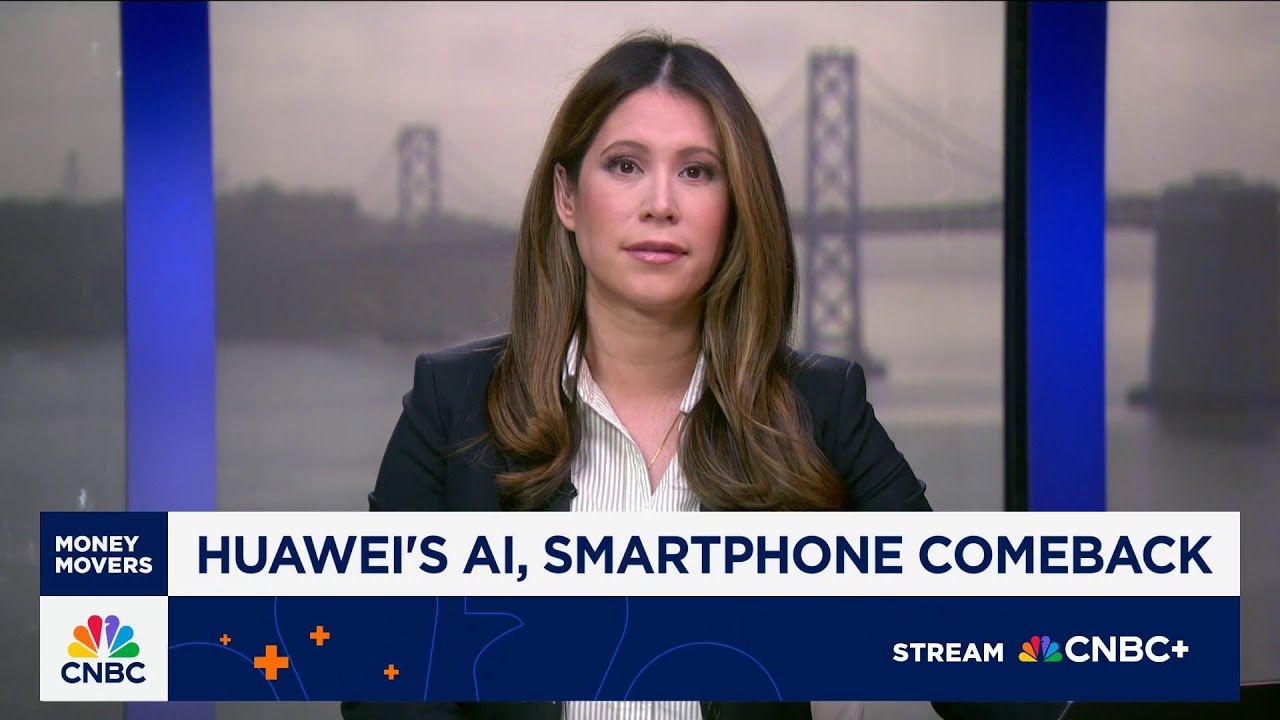The video explains that Huawei’s development of advanced AI chips has caused Nvidia’s shares to decline, highlighting ongoing geopolitical tensions and differing U.S. strategies—either focusing on containment or emphasizing innovation and resilience. It also emphasizes Huawei’s resilience under U.S. sanctions, showcasing its ability to compete globally in AI hardware despite restrictions, challenging Western dominance in the tech industry.
The video discusses the recent decline in Nvidia’s shares, triggered by reports that Huawei is developing a competing AI chip. This news has sparked a debate in Silicon Valley about how to handle the ongoing technological arms race with China. Some industry leaders, like Marc Andreessen, Bill Gurley, and Brad Gerstner, believe that focusing on containment and avoiding direct confrontation is a distraction and that companies should instead concentrate on their own strengths and innovation. They argue that a “stay in your lane” approach is more sustainable than trying to directly counter Chinese advancements.
On the other hand, there is a perspective within the U.S. government and certain industry circles that emphasizes the importance of maintaining technological superiority and preventing China from gaining access to advanced AI and chip technology. Figures like David Saks and others have expressed the view that the U.S. must be tough and proactive in restricting China’s access to cutting-edge technology, viewing the race as a critical, finite contest that the U.S. cannot afford to lose. This approach underscores concerns about national security and economic dominance.
The report highlights Huawei’s recent efforts to develop more powerful AI chips, which has negatively impacted Nvidia’s stock. Huawei is preparing to test a new, more advanced chip, signaling its ongoing push to compete in the AI hardware space despite U.S. sanctions. This development underscores the resilience and strategic ambitions of Huawei, which has managed to rebuild and expand its technological capabilities even under significant restrictions.
The video revisits Huawei’s history, recalling a 2019 interview with CEO Ren Zhengfei during a period of intense U.S. sanctions that threatened to cripple its smartphone business and ban its Android license. Ren Zhengfei expressed confidence that Huawei would emerge stronger from the challenges, emphasizing the Chinese mentality of resilience—comparing setbacks to a fire that forges a stronger phoenix. This mindset has driven Huawei’s remarkable comeback, allowing it to rebuild its smartphone business, challenge Apple in China, and become a major cloud provider and processor designer.
In conclusion, Huawei’s ongoing development of advanced AI chips exemplifies its strategic resilience and determination to compete globally despite U.S. efforts to contain its rise. The situation reflects broader geopolitical tensions and differing perspectives on how best to approach technological competition with China. While some advocate for containment and restrictions, Huawei’s progress demonstrates that Chinese tech firms are capable of significant innovation and growth, challenging the dominance of Western tech giants like Nvidia.
